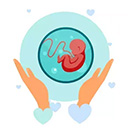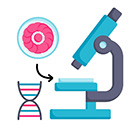Do IVF Babies Have Fertility Problems?
When you hear about in vitro fertilization (IVF), it’s often tied to stories of hope—couples overcoming infertility to welcome a baby into their lives. Over 10 million babies have been born through IVF worldwide since the first “test-tube baby,” Louise Brown, arrived in 1978. It’s a remarkable achievement. But as these babies grow up, a question lingers in the minds of parents, doctors, and even the kids themselves: Will IVF babies face fertility problems of their own someday?
It’s a fair worry. If your parents needed help to have you, does that mean you might need help too? The good news is that science is starting to give us answers. The not-so-simple part? The story isn’t fully written yet. In this deep dive, we’ll explore what we know about the fertility of IVF babies, what research says, and what it might mean for the future—yours or your child’s. Along the way, we’ll unpack myths, share the latest findings, and offer practical insights you won’t find in every article out there.
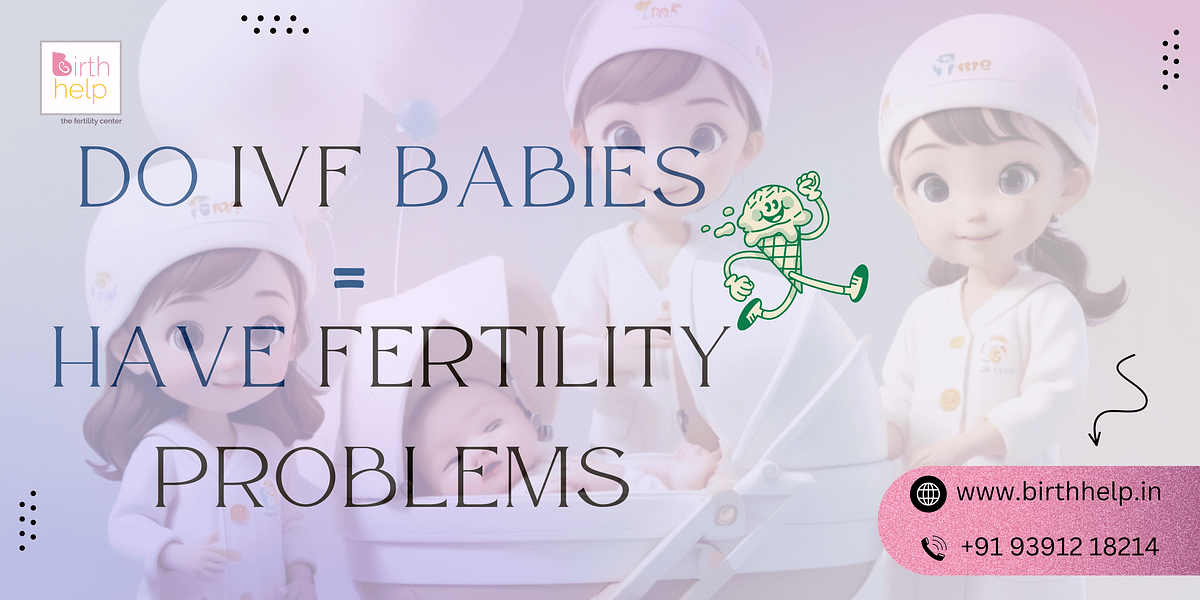
What Does It Mean to Be an “IVF Baby”?
An IVF baby is someone conceived through in vitro fertilization, a process where eggs and sperm are combined in a lab to create an embryo, which is then placed in the uterus. It’s a lifeline for people with blocked fallopian tubes, low sperm counts, or unexplained infertility. But here’s the catch: IVF skips some natural steps of conception. Eggs don’t meet sperm in the body, and embryos might be frozen or screened before implantation. Could that change something in the baby’s future fertility? That’s what we’re here to figure out.
For years, people assumed IVF babies would be just like anyone else once they were born. After all, they grow up, go to school, and live normal lives. But as the first generation of IVF kids reaches adulthood, researchers are digging deeper into their health—including their reproductive health. Let’s start with the big picture.

The Science So Far: Are IVF Babies Fertile?
Here’s the reassuring part: most evidence suggests IVF babies don’t automatically inherit fertility problems. Studies tracking these kids into their 20s and 30s—prime reproductive years—show they’re having babies of their own, often without assistance. A 2022 study from the University of Melbourne followed adults born via IVF in the 1980s and 1990s. The result? Their fertility rates were similar to those of naturally conceived peers. No red flags there.
But it’s not all black and white. Some research hints at subtle differences. For example, a 2019 study in Human Reproduction found that men born through intracytoplasmic sperm injection (ICSI)—a type of IVF where a single sperm is injected into an egg—had slightly lower sperm counts than men conceived naturally. The average was still within normal range, but it raises a question: could the way IVF is done affect the next generation?
Why This Matters to You
If you’re an IVF parent or an IVF baby yourself, this might feel personal. The good news is that “slightly lower” doesn’t mean “infertile.” Plenty of men with lower-than-average sperm counts father children without help. Still, it’s worth understanding what’s behind these findings.
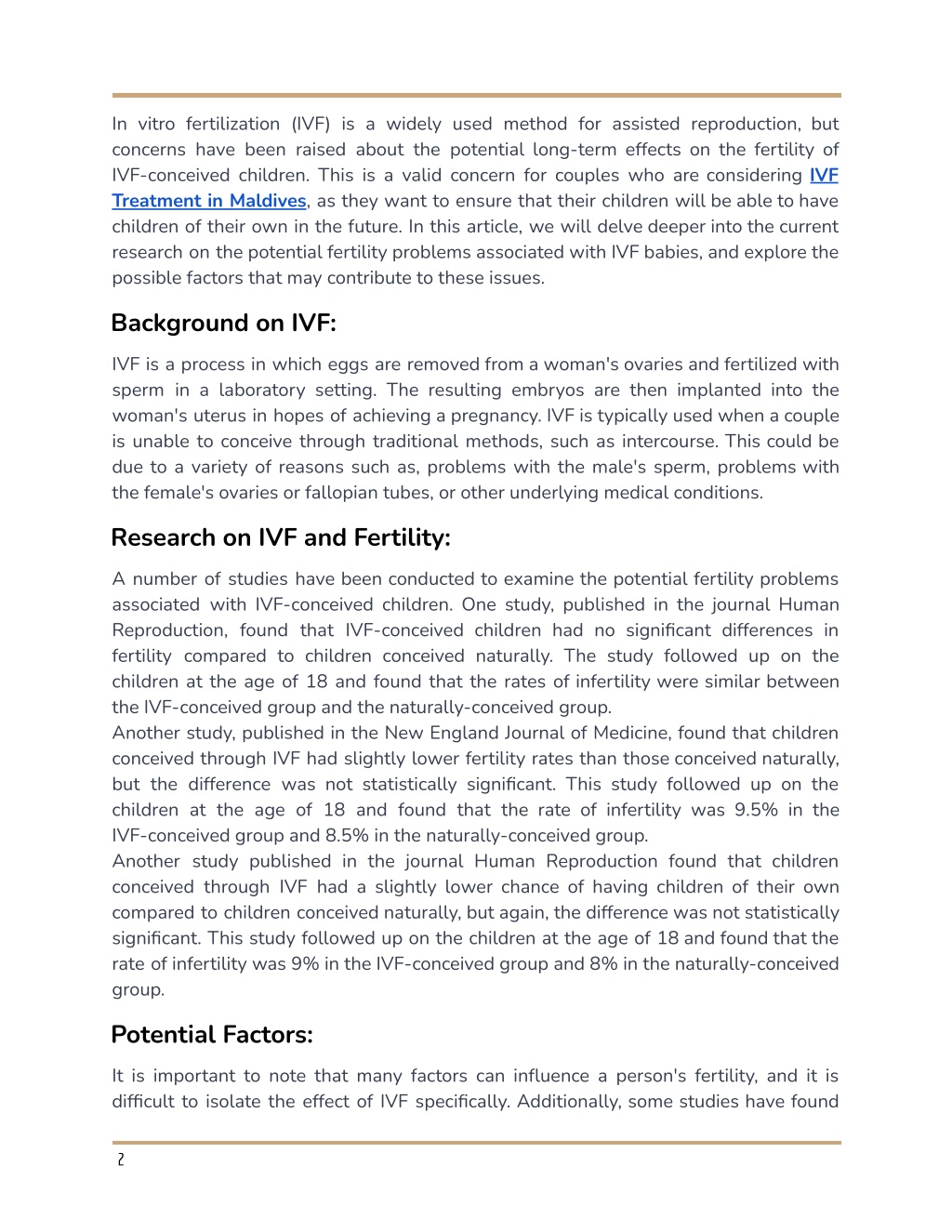
What Could Affect an IVF Baby’s Fertility?
IVF isn’t one-size-fits-all. The process varies—fresh embryos, frozen embryos, ICSI, donor eggs—and each twist might play a role in a baby’s future. Let’s break it down.
1. The Parents’ Infertility
IVF babies are born to parents who struggled to conceive. If that infertility has a genetic cause—like a condition affecting egg quality or sperm production—those genes could pass to the child. For instance, men with a genetic mutation linked to low sperm count might use ICSI to have a son, who could inherit the same trait. A 2023 study from the National Institutes of Health (NIH) found that about 10-15% of infertility cases have a genetic root. So, the question isn’t just about IVF—it’s about what the parents bring to the table.
2. Epigenetics: The Hidden Layer
Epigenetics is how your environment tweaks the way your genes work, without changing the DNA itself. IVF involves lab conditions—think petri dishes and freezing—that don’t happen in natural conception. Some scientists wonder if this could leave “epigenetic marks” on an embryo, affecting things like reproductive health later on. A 2021 paper in Nature Reviews Endocrinology noted higher rates of imprinting disorders (rare conditions tied to gene expression) in IVF kids. Could this extend to fertility? No one’s sure yet, but it’s a hot topic in labs right now.
3. The ICSI Factor
ICSI is a game-changer for men with severe sperm issues, but it’s more invasive than standard IVF. Instead of letting sperm and egg meet naturally in a dish, a doctor picks one sperm and injects it. That bypasses natural selection—where the strongest sperm usually wins. A 2020 study from Sweden tracked ICSI-born men and found their sperm concentration was about 20% lower than average. Again, not a dealbreaker, but it’s something to watch.
4. Birth Outcomes
IVF babies are more likely to be born premature or with low birth weight, especially if multiple embryos are implanted (think twins or triplets). A 2022 CDC report showed IVF singletons had a 1.3 times higher risk of preterm birth than naturally conceived babies. Why does this matter? Early birth can affect organ development, including the reproductive system. A small 2024 study from Denmark suggested a link between preterm birth and lower ovarian reserve (egg supply) in women, though more research is needed.
Busting Myths: What IVF Babies Don’t Face
There’s a lot of noise out there, so let’s clear up some misconceptions with a quick checklist:
✔️ Myth: IVF babies are “artificial” and can’t have kids naturally.
Truth: They’re as human as anyone else—conceived in a lab, yes, but with the same potential to reproduce.
❌ Myth: All IVF kids will need IVF to have their own babies.
Truth: Most don’t. Their fertility depends more on their parents’ genes than the IVF process itself.
✔️ Myth: Freezing embryos damages their future fertility.
Truth: Frozen embryo babies (now a big chunk of IVF births) show no fertility differences compared to fresh embryo babies, per a 2023 Fertility and Sterility study.
Interactive Quiz: How Much Do You Know About IVF Babies?
Let’s make this fun! Take a quick quiz to test your knowledge—and see where you stand.
- True or False: IVF babies are more likely to be twins.
- A) True
- B) False
- What’s one reason an IVF baby might have fertility issues?
- A) The lab equipment
- B) Their parents’ genes
- C) The doctor’s skill
- ICSI is used when:
- A) Sperm quality is low
- B) Eggs are hard to retrieve
- C) The embryo needs extra help growing
(Answers at the end—don’t peek yet!)
The First IVF Generation: Real Stories
Numbers are great, but stories hit home. Meet Anna, born in 1989 via IVF in California. Now 36, she’s a mom of two—both conceived naturally. “I never thought about my fertility until I started trying,” she says. “It worked out fine, but I did wonder if being an IVF baby made a difference.” Her story aligns with the Melbourne study: most IVF adults seem to dodge fertility hurdles.
Then there’s Mark, born in 1995 through ICSI because his dad had a low sperm count. At 30, he got tested out of curiosity. His sperm count was on the lower side, but his doctor said it’s still enough to conceive naturally. “It’s weird to think my dad’s issue might be mine too,” he admits. “But I’m not worried yet.” Mark’s case echoes the Swedish study—subtle effects, but not a crisis.
These real-life snapshots show the range of outcomes. IVF doesn’t doom you to infertility, but it’s not a blank slate either.
What’s Missing From the Conversation?
Most articles stop at the basics: “IVF babies are probably fine.” But there’s more to explore. Here are three angles you won’t find everywhere:
1. Ovarian Reserve in IVF Girls
Women are born with all the eggs they’ll ever have, a stash called ovarian reserve. Could IVF tweak that number? A 2024 pilot study from Norway tested 50 IVF-born women in their 20s using ultrasound and hormone levels. Their egg counts were normal compared to controls, but the sample was small. Bigger studies are in the works—stay tuned.
2. Lifestyle and Fertility
IVF kids aren’t just their genes or birth story. How they live matters too. Stress, diet, and exercise shape fertility for everyone, but no one’s studied how these hit IVF adults specifically. Imagine a 25-year-old IVF baby who smokes versus one who runs marathons—could their outcomes differ more than we think? It’s a gap worth filling.
3. The Mental Health Connection
Fertility isn’t just physical. Anxiety or depression can delay conception by messing with hormones. A 2022 Frontiers in Psychology study found IVF teens had slightly higher depression rates (12.6% vs. 8.5% in peers), possibly tied to parental stress or expectations. Could this affect their reproductive choices later? It’s a question no one’s asking—yet.
What Parents Can Do Now
If you’re raising an IVF kid—or planning one—here’s how to set them up for a healthy future:
- Talk Early: Around puberty, chat about family health history. If infertility runs in your genes, they’ll know what to watch for.
- Encourage Checkups: By their 20s, a simple fertility test (sperm analysis for guys, hormone check for girls) can spot issues early.
- Promote Balance: A diet rich in fruits, veggies, and exercise builds a strong foundation—fertility included.
- Ease the Pressure: Don’t let “IVF baby” define them. Stressing about their future could backfire.
For IVF adults reading this, take charge. Get tested if you’re curious, but don’t panic—most of you will be fine.
The Future of IVF Babies: What’s Next?
Science isn’t standing still. Researchers are tracking IVF kids into their 40s and beyond, looking at everything from egg quality to sperm motility. New tech, like in vitro gametogenesis (IVG)—making eggs or sperm from skin cells—could even sidestep fertility worries entirely. A 2024 BBC report called IVG “mind-boggling” for its potential to help infertile adults, including IVF babies who might need it.
Plus, clinics are tweaking IVF itself. Single embryo transfers (one baby, not twins) are now standard, cutting preterm risks. Better freezing methods mean healthier embryos. These upgrades could make future IVF generations even less likely to face issues.
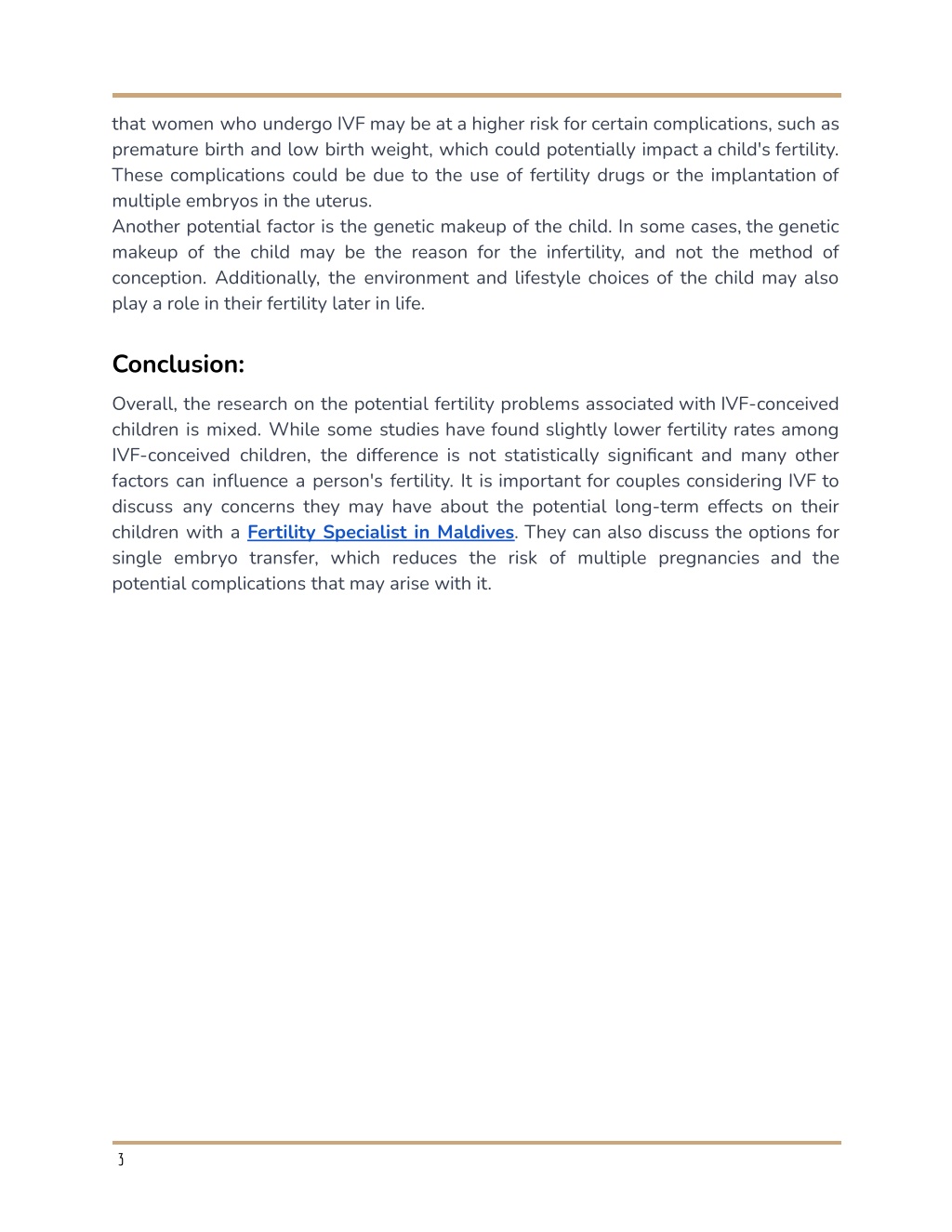
Poll: What’s Your Take?
We want to hear from you! Pick an option below and share your thoughts in the comments:
- A) I think IVF babies have the same shot at fertility as anyone else.
- B) I’m worried the process might affect them somehow.
- C) I don’t know enough yet—more research, please!
Your vote keeps this convo alive.
A Simple Fertility Health Checklist
Wherever you are in the IVF journey, here’s a handy list to keep things on track:
✔️ For Teens: Eat well, stay active, and ask about family health.
✔️ For 20s: Consider a baseline fertility test if you’re curious.
✔️ For 30s: If you’re trying to conceive and it’s not happening, see a doctor—IVF or not.
❌ Don’t: Obsess over being an IVF baby—it’s just one piece of your story.

